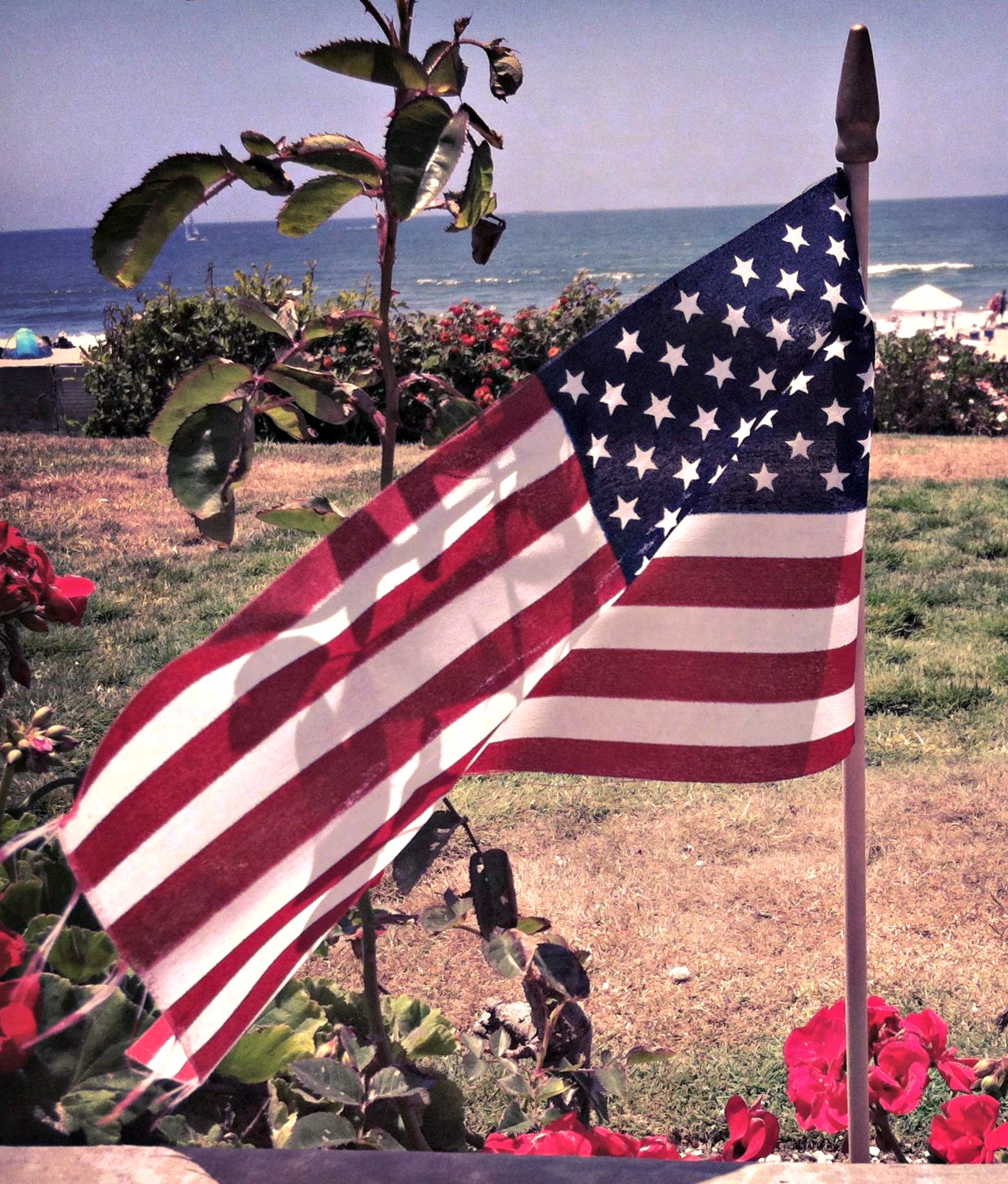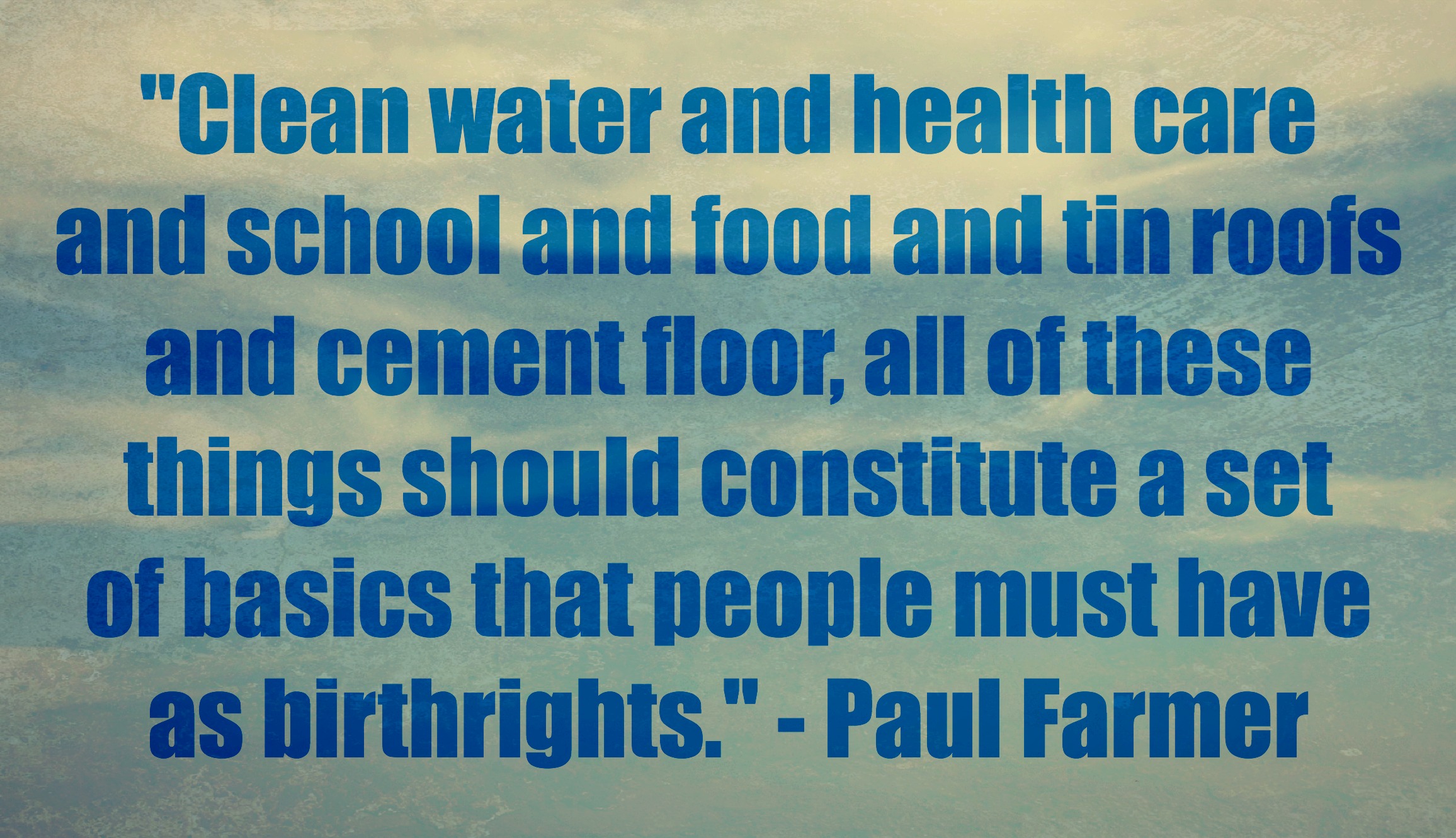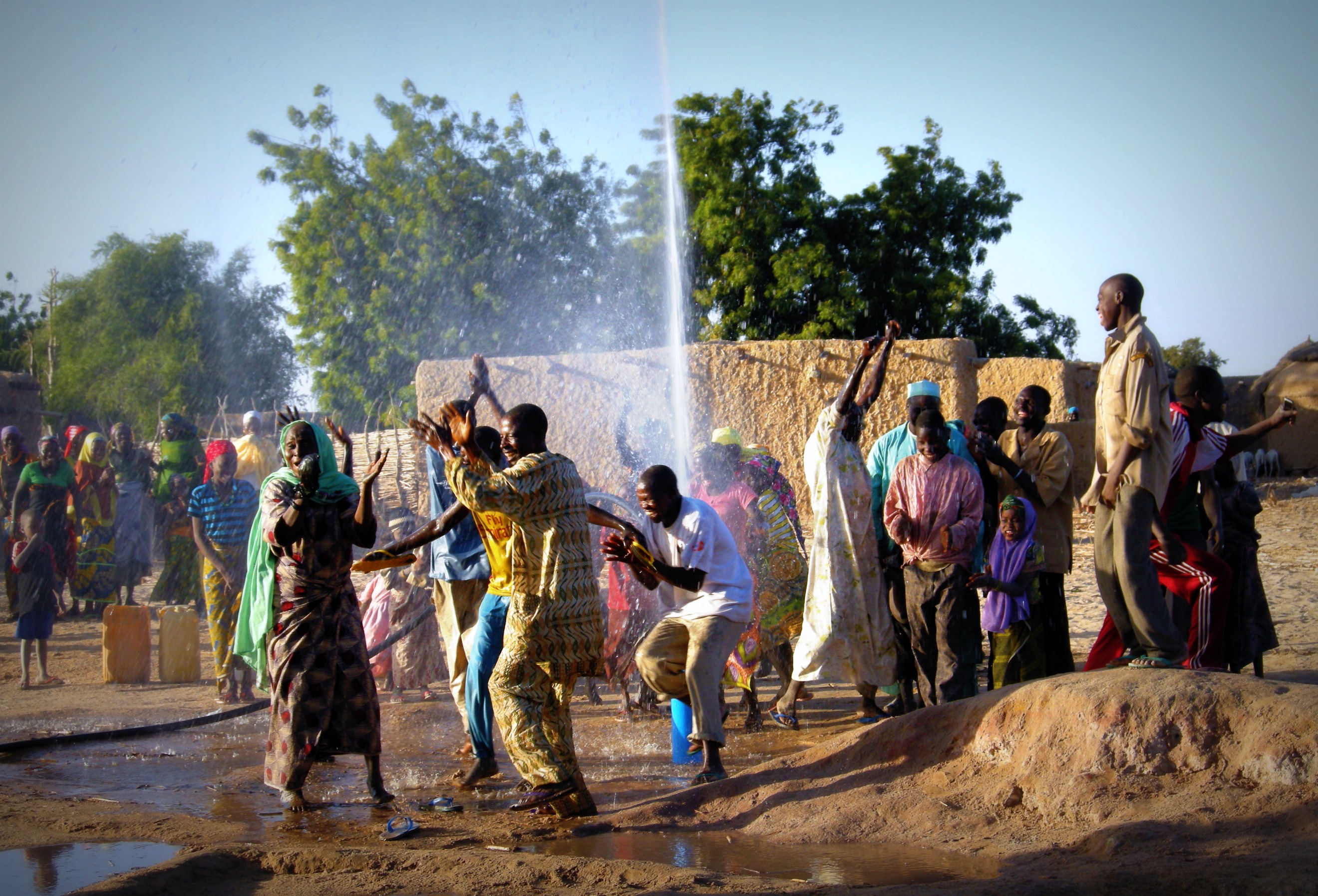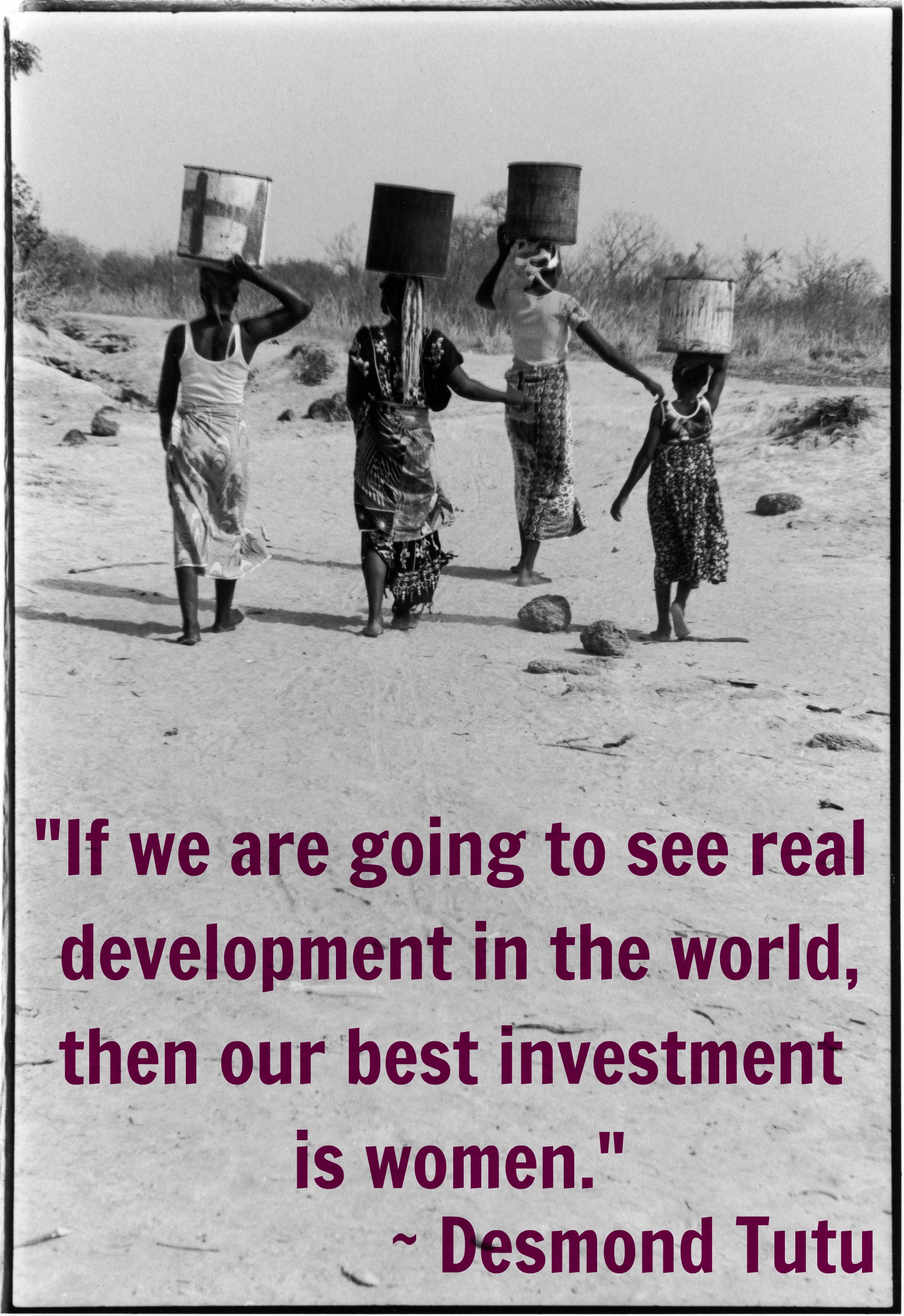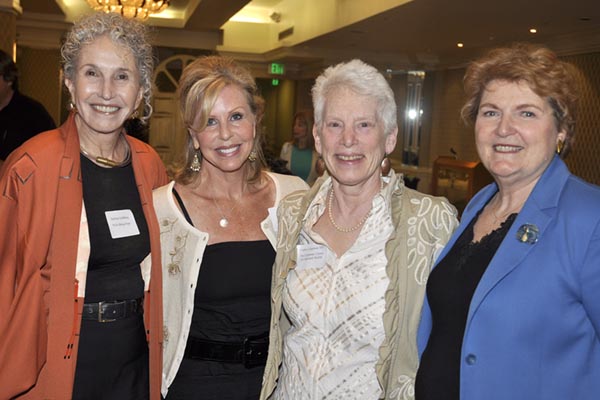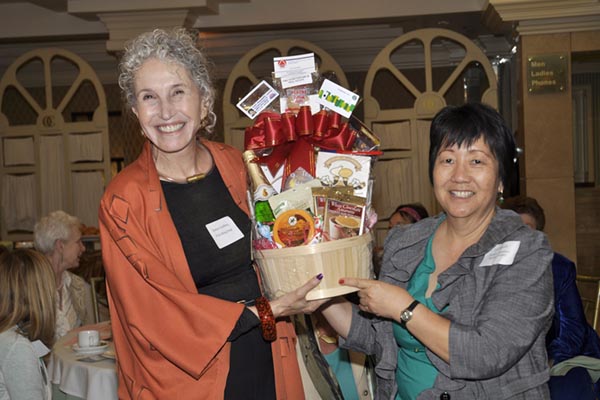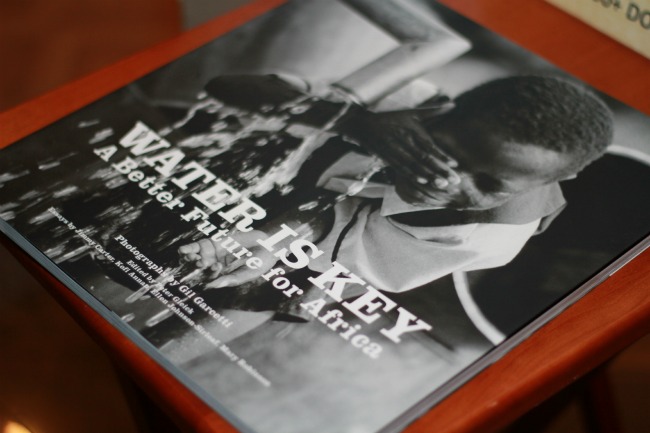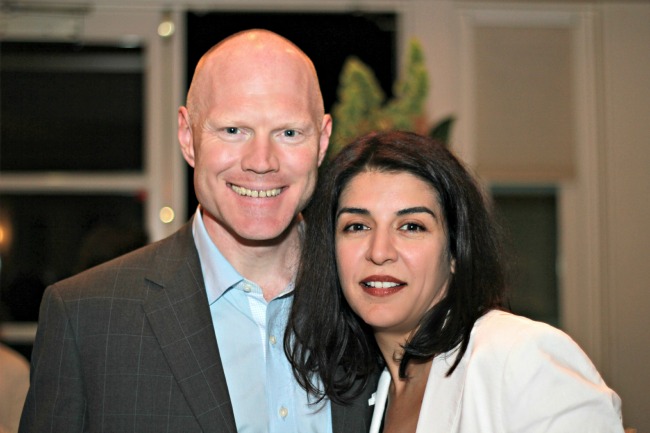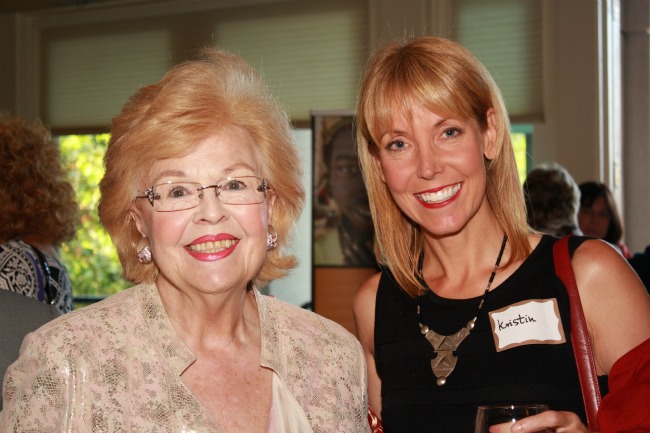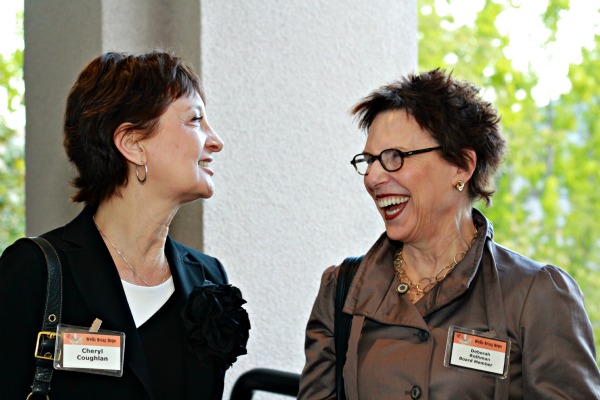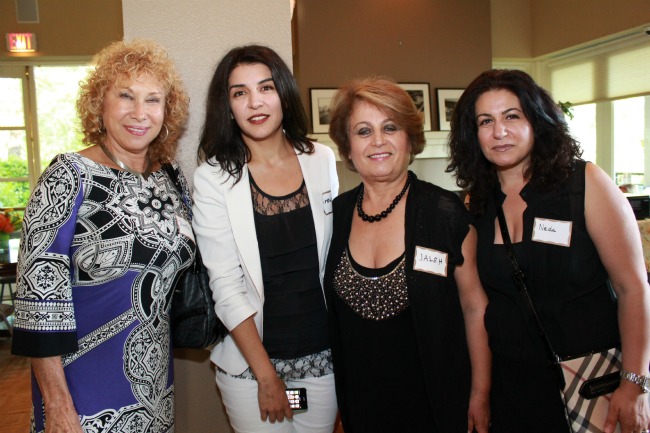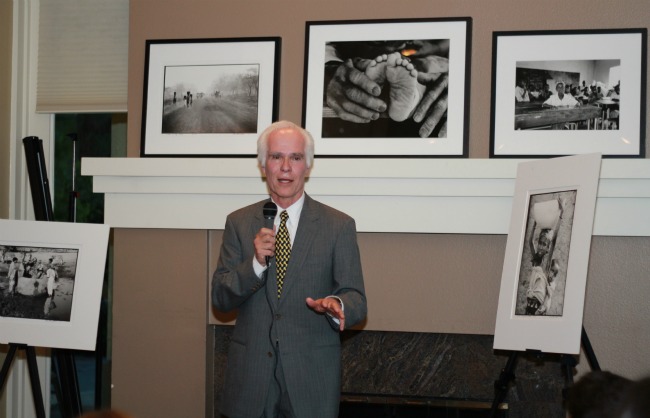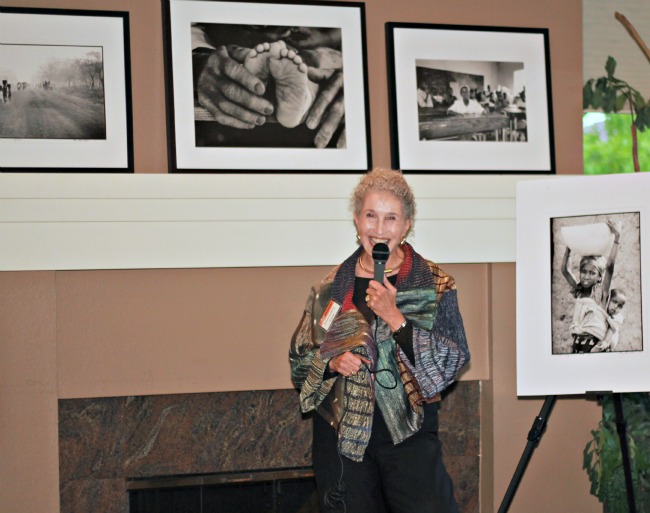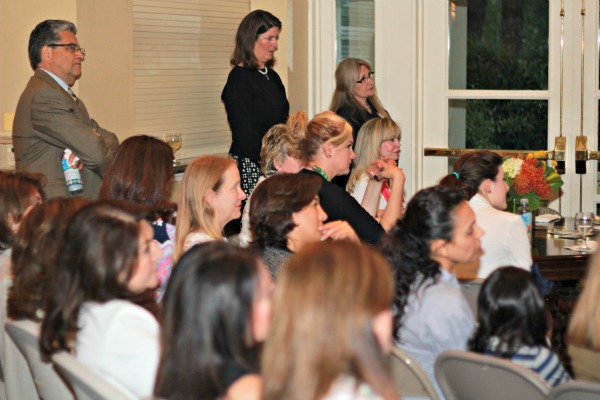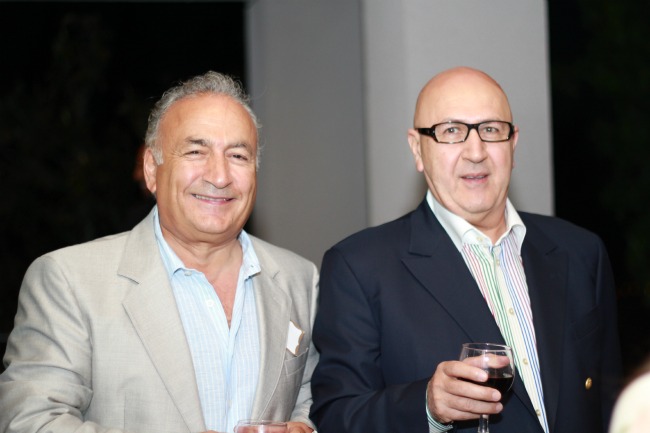By Jessica Isaac
As the drought continues to affect Niger and the wider Sahel region of Africa, more and more parents are resorting to desperate measures to keep their families alive. For some parents, selling off their young daughters for marriage has become a means of survival.
 |
|
photo by Gil Garcetti |
This heightened incidence of child marriage is due, in part, to a food shortage stretching across the sub-Saharan region. This shortage, caused by a recent drought, is expected to worsen in the coming months. By selling their daughters, families have fewer mouths to feed and boost their survival chances as a whole. Unfortunately, not only do these young brides often end up in towns where they are vulnerable to abuse and sex trafficking, but they will most likely be forced to bear children at a very young age, increasing their risk of death.
Just how young are these child brides?
A recent article from our partners at World Vision documents child protection specialist Fatima Soumana's encounter with a 7-year-old girl sold as a bride to a family's 20-year-old son. Another case shows a 13-year-old girl whose father sold her in exchange for 20 goats. After she was rescued from the marriage by a local judge, Touayi Oumar, the girl's mother, was relieved.
“Children know nothing of the duties of marriage and having sex with a man is sometimes difficult even for an older women,” Oumar said. “How can a child be expected to do that?”
Wells Bring Hope strives to help these young girls live childhoods free of the fear of being sold as brides. By drilling wells in villages affected by this crisis, girls get the chance to be educated, marry later in life, and have children later, thus reducing the risk of death due to early child birth.
Donate now to give hope to the daughters of Niger.
